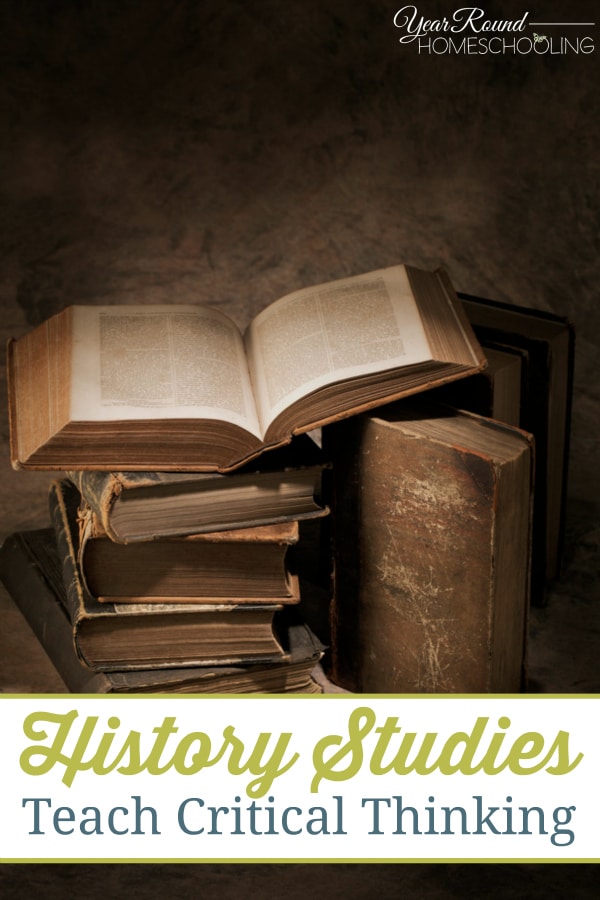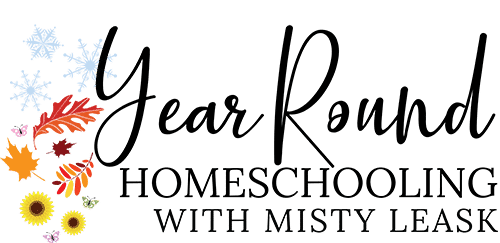When we think of history studies, we usually think of dates and places, events and famous people. Although these are very vital parts of history and the core of what one might learn about in a history course, there is another great benefit to studying history.

History teaches us about our world and how we got to where we are today. When you study history, you learn about what people thought and did, as well as how people behaved. Besides the events of history, when you sit down and seek to understand history and its unfolding, you discover trains and patterns of thought.
This is the reason why studying history can be a great tool to teach your kids critical thinking. Critical thinking is that skill which allows you to evaluate situations and make informed decisions based on your observation and thinking process, a vital skill to own as an adult.
On top of this fact, history is a great teacher of what works and what does not. So, we would be well advised to carefully study the intricacies of history and learn from them.
A good history curriculum will not only go through the different events of the time period, but it will also seek to understand the characters that played important roles in that history, and the relationships between the different events that took place.
It is very important for kids to understand that actions have consequences, and history demonstrates that very well. Every decision made has its own set of consequences. Not only that, but every action and decision made is based on and guided by a set of beliefs or what we might call a worldview. When we study history we get to dig deeper into what constituted the set of values that informed certain behaviors or actions. Sometimes it is not just the set of value system that determines our actions but also the outside influences, beyond our control, which greatly affect how we assess situations.
At the elementary level, going over the facts can be sufficient, but once you reach the upper elementary and middle school years, your history studies should start focusing more on the deeper issues at play in the unfolding of history. We need to get deeper than the events and people, to the why and connections of those events. This is the reason why textbooks sometimes tend to not be so useful because they come with their own commentary as opposed to letting the students think through the materials themselves and interact with it. One way to go around that is to make sure to ask questions, causing the students to think through the causes, effects and all the elements at play in each event you study throughout history.
There are lots of curriculum that do a good job at encouraging students to be thinkers. When choosing curriculum or books for your history studies I would urge you to look for those that are least bias and incorporate thinking and probing questions, especially if you are not comfortable yourself to come up with them.
What historical event has had the most effect on you?
